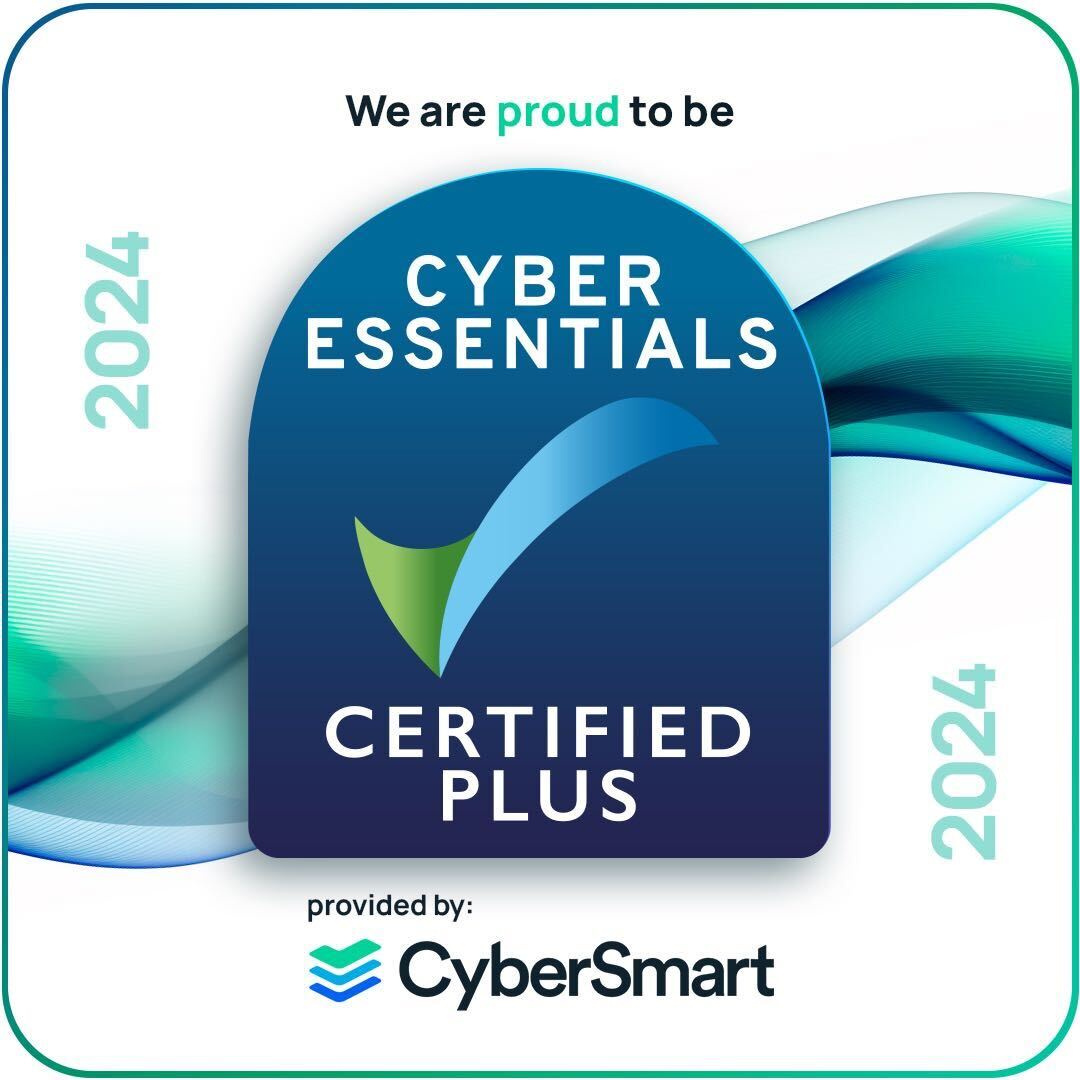50th apprentice passes BEMS Controls Engineer Apprenticeship
On the eve of National Apprenticeship Week, Group Horizon is celebrating another key milestone as the national training provider’s 50th BEMS apprentice has now passed through his end point assessment and become fully qualified.
Delivered by Group Horizon and developed alongside the Building Controls Industry Association (BCIA), the enduringly popular BEMS Controls Engineer Apprenticeship has attracted over 320 learners from more than 100 different employers.
National Apprenticeship Week is about celebrating the value of apprenticeships and highlighting the opportunities available to individuals and businesses. The building controls industry is a great example of a trade sector that is now reaping the benefits of a recruitment strategy centred around apprenticeships. A culmination of many years of work to develop a viable career pathway for the next generation of BEMS controls engineers, the Level 4 programme has revitalised the industry and attracted new talent from across the UK.
The 50th apprentice to complete was Russell McGuiness, now working for Schneider Electric, and he enrolled on the apprenticeship after previously working as an electrician for 15 years. On passing his end point assessment (facilitated by Verge 365) with a Distinction Russell commented: “There was a lot to learn at first, but the structure of the apprenticeship helped me build my knowledge step by step. Throughout the apprenticeship I worked with several training officers, each bringing different strengths and perspectives. I would recommend it to anyone starting out in the industry or looking to strengthen their technical knowledge and understanding.”
End point assessments are carried out by Verge 365 and utilise a mix of practical and written tests to determine if the apprentice has developed the necessary knowledge, skills and behaviours required. To date, 31 apprentices have completed the course with Distinctions.
Peter Behan, Director of Group Horizon, said: “The sustained popularity of the BEMS Controls Engineer Apprenticeship clearly demonstrates the industry’s appetite for a career pathway that combines practical hands-on work with classroom-based learning. We’re extremely proud of all of our newly qualified apprentices and congratulate our 50th trainee, Russell McGuiness, on achieving his Distinction – we wish him all the best as he continues his professional journey as a fully qualified BEMS Controls Engineer.”
Jen Vickers, Vice President, BCIA, added: “I’m delighted the BEMS Controls Engineer Apprenticeship is continuing to go from strength to strength, supporting people to build rewarding careers in our specialist sector, something we are pleased to be benefitting from at Crown House Technologies.
“Reaching the milestone of the 50th apprentice to complete this higher level technical programme is a fantastic achievement – not just for the individuals involved, but for employers and the entire BEMS and building automation community. These apprentices are emerging as the highly skilled engineers our industry needs, and we at the BCIA share their pride as we celebrate this achievement together.”


